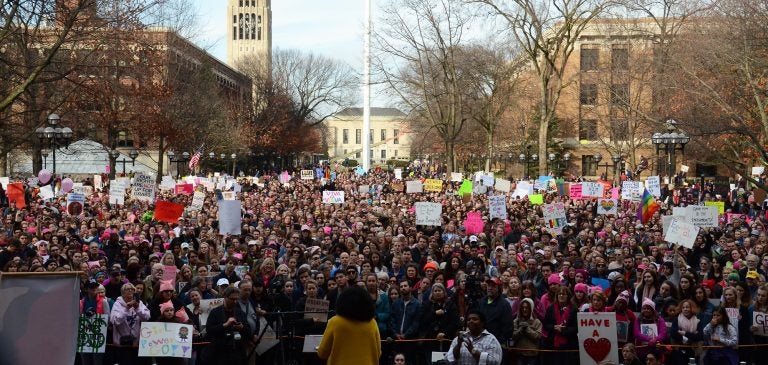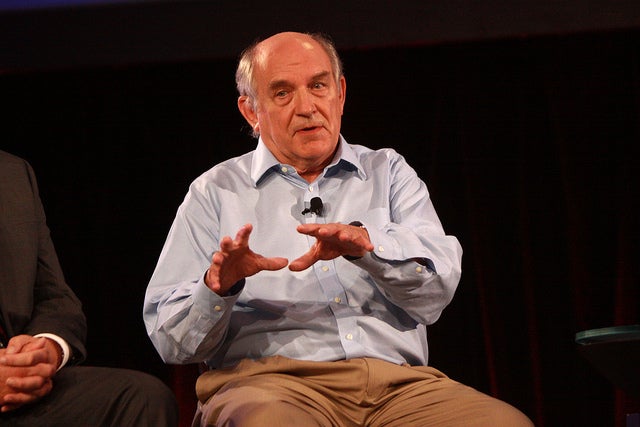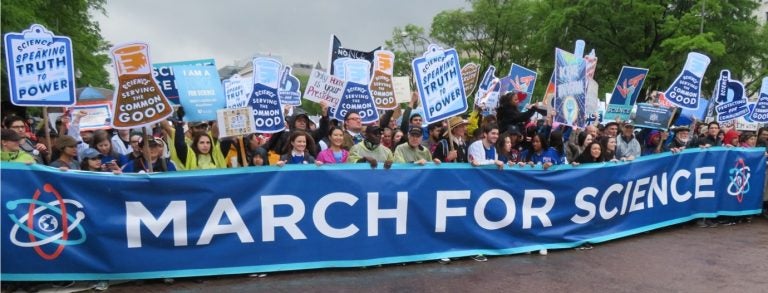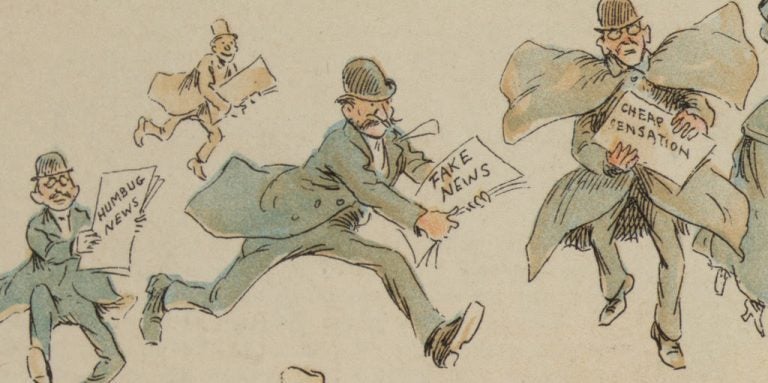Over the past several months, the University of Michigan has been squarely confronted with how to balance free speech with campus safety concerns and an inclusive campus environment. This post will set forth some of the legal issues UM must consider when making decisions about controversial speech and speakers on campus. The intent is to…
Category: Research Brief
Failing Flint: Lessons from the Water Crisis
When we turn on our faucets, most of us take-for-granted that the water flowing from the pipes will be safe for consumption. The residents of Flint, an impoverished, heavily black community only an hour east of Ann Arbor, no longer trust that their water is safe—to drink, for cooking, or for bathing. You see, Flint’s…
Refuting Charles Murray
Over the past several years, universities have sought to maintain campus environments that support free speech and diverse dialogue while keeping concerns about student safety and safeguarding the welfare of minority students at the forefront. Finding the right balance can be challenging, as we have seen on many college campuses. The upcoming lecture by Charles Murray is…
The March for Science and Democracy in America
Over the next week, LearnSpeakAct will publish a series of three posts on the March for Science, which took place on April 22, 2017. By Michael Heaney The presidency of Donald J. Trump has helped to spark a new wave of political discontent across the United States. This discontent is unusual in that it has…
Why Partisan News—Not Just Fake News—Promotes Political Misperceptions
Brian E. Weeks: Assistant Professor of Communication Studies and Faculty Associate in the Center for Political Studies In the wake of the 2016 U.S. presidential election there has been much attention placed on “fake news”—websites and social media posts that often resemble real, credible news but instead create and spread political falsehoods, conspiracy theories, and…
